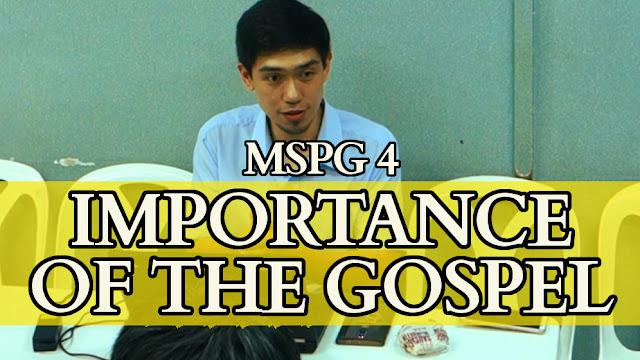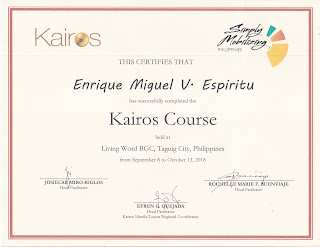Missions: Go Deep or Go Wide? (Part 2)
The previous article pointed out that going deep and going wide should both be goals for mission. But the dynamic between these two things is more complex than saying “they’re both important”. In this article, I want to propose the following:
As a general rule, we should prioritize going deep over going wide.
One Priority
Mission work should aspire to go both deep and wide, but depth takes priority. Faithfulness has to be more important than mere numbers, and spiritual fruit more than superficial results. But we need to qualify what this means, and what it doesn’t.What It Doesn’t Mean
Prioritizing depth over breadth does not mean that we stop working, aspiring, and praying for more expansive ministry.To begin with, the Great Commission tells us that we are not only to “make disciples”, but to “make disciples of all nations” (Mat 28:19). In other words, there is to be an ever-present outward push. The church is never to settle for making disciples in just one nation, or just a few. She cannot rest until she has fulfilled her Lord’s commission!
We also have Paul’s missionary example. His purpose in life was to “preach the gospel, not where Christ was already named” (Rom 15:20).
What It Does Mean
Prioritizing depth over breadth simply means that we are willing to slow down [not stop] when necessary in order to cultivate depth. This, too, is necessary to fulfill the Great Commission, which tells us that to “make disciples” necessarily involves teaching people to “observe all that I commanded you” (Mat 28:20).
This, too, is necessary to fulfill the Great Commission, which tells us that to “make disciples” necessarily involves teaching people to “observe all that I commanded you” (Mat 28:20).Though Paul was primarily a frontier missionary, he devoted a great amount of time, attention, and resources to cultivating depth in the congregations God had called him to minister to.
- Many of Paul’s epistles are actually follow-up and discipleship materials.
- Paul continuously sought news concerning, and prayed earnestly for, the churches’ growth (1 Cor 1:4; Eph 1:15-16; Php 1:3-4; Col 1:3; 1 Thes 1:2-3).
- Paul spent two years in Ephesus (Ac 19:10), and 18 months in Corinth (Ac 18:11). In fact, his ministry to the Ephesians was so extensive that he could solemnly declare to their elders, “I am innocent of the blood of all men. For I did not shrink from declaring to you the whole purpose of God.” (Ac 20:26-27)
- Paul also sent his much-valued teammates to minister to already-established churches. He sent Timothy to Ephesus (cf. 1-2 Timothy), Thessalonica (1 Thes 3:2), and possibly to Philippi (Php 2:19). Titus he sent to Dalmatia (2 Tim), Crete (Titus) and probably many other places.
Therefore, we must reject statements like this one made by one missions organization: “Risky as it sounds, the primary responsibility for teaching [in newly planted, frontier churches] must be left to the Holy Spirit if spontaneous, ongoing growth is to occur.”
This is because we are called to be faithful to the means of grace that God has given us through Scripture.
“We are all called to be faithful in both fruitful and lean times. Success is in the hands of God.” (Andy Johnson, Missions, p.72)
Example: Partnering with Missionaries
For example, it is better to develop deep relationships with a few missionaries than superficial relationships with many. This will have a number of advantages:- The church will be more assured that its investment will bear the kind of fruit it is looking for.
- The missionaries will be better supported in terms of substantial and dependable funding, regular communication, pastoral visits, and hospitality on furlough, among other things. (See “Supporting Missionaries”.) They will also be protected from undue pressure from the church, since faithful work does not always yield immediate visible results.
- The church members will be more encouraged to take ownership of missions work when they are able to develop knowing, caring, accountable relationships with missionaries.
In the third and last part of this miniseries, we will discuss another aspect to the dynamic between going deep and going wide in ministry.




